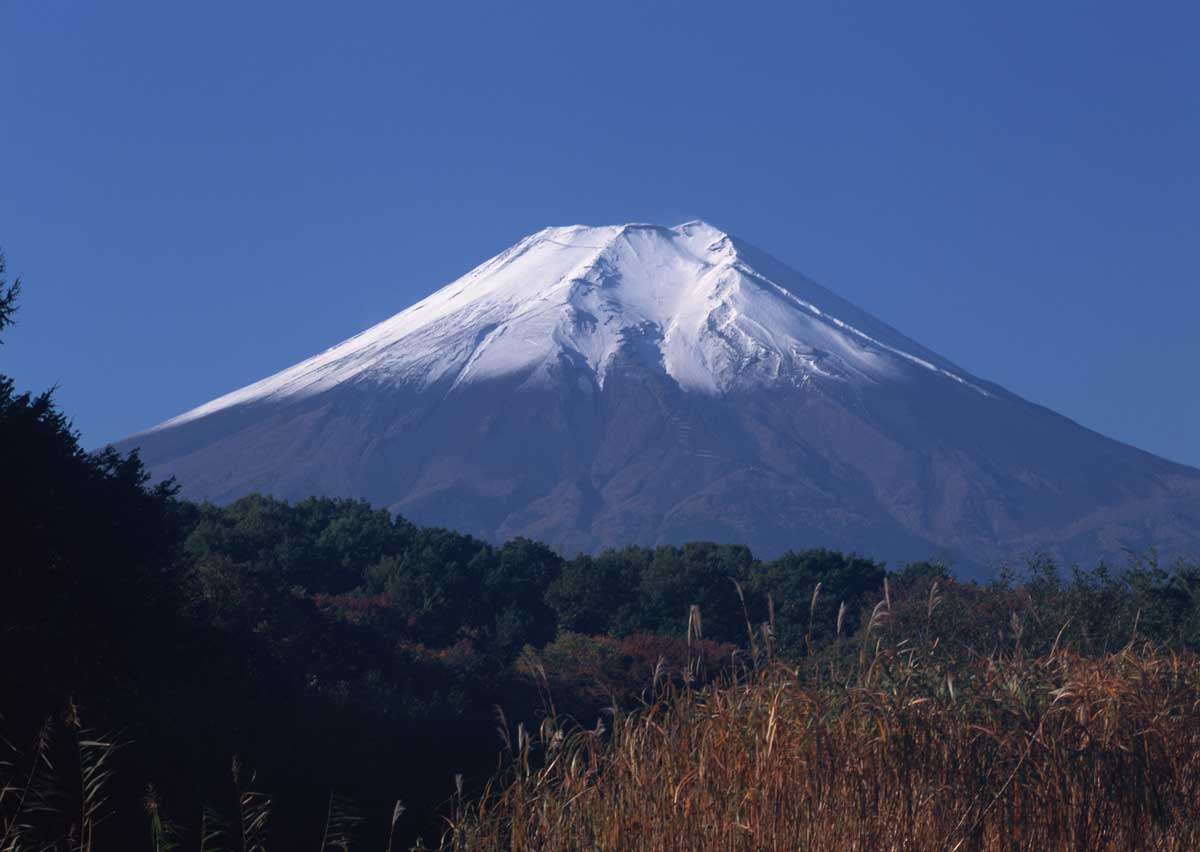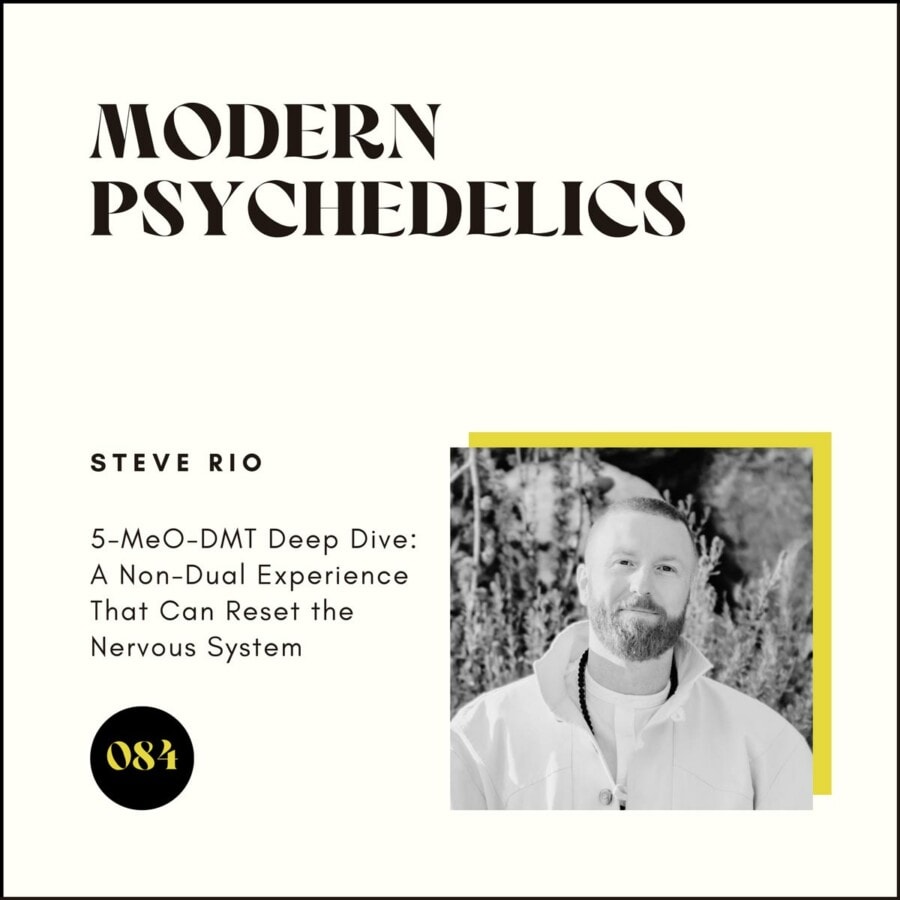If we were to ask the Buddha, “What is bodhichitta?” he might tell us that this word is easier to understand than to translate. He might encourage us to seek out ways to find its meaning in our own lives. He might tantalize us by adding that it is only bodhichitta that heals, that bodhichitta is capable of transforming the hardest of hearts and the most prejudiced and fearful of minds.
Chitta means “mind” and also “heart” or “attitude.” Bodhi means “awake,” “enlightened,” or “completely open.” Sometimes the completely open heart and mind of bodhichitta is called the soft spot, a place as vulnerable and tender as an open wound. It is equated, in part, with our ability to love. Even the cruellest people have this soft spot. Even the most vicious animals love their offspring. As Trungpa Rinpoche put it, “Everybody loves something, even if it’s only tortillas.”
Bodhichitta is also equated, in part, with compassion our ability to feel the pain that we share with others. Without realizing it we continually shield ourselves from this pain because it scares us. We put up protective walls made of opinions, prejudices, and strategies, barriers that are built on a deep fear of being hurt. These walls are further fortified by emotions of all kinds: anger, craving, indifference, jealousy and envy, arrogance and pride. But fortunately for us, the soft spot-our innate ability to love and to care about things is like a crack in these walls we erect. It’s a natural opening in the barriers we create when we’re afraid. With practice we can learn to find this opening. We can learn to seize that vulnerable moment – love, gratitude, loneliness, embarrassment, inadequacy to awaken bodhichitta.
An analogy for bodhichitta is the rawness of a broken heart. Sometimes this broken heart gives birth to anxiety and panic, sometimes to anger, resentment, and blame. But under the hardness of that armor there is the tenderness of genuine sadness. This is our link with all those who have ever loved. This genuine heart of sadness can teach us great compassion. It can humble us when we’re arrogant and soften us when we are unkind. It awakens us when we prefer to sleep and pierces through our indifference. This continual ache of the heart is a blessing that when accepted fully can be shared with all,
The Buddha said that we are never separated from enlightenment. Even at the times we feel most stuck, we are never alienated from the awakened state. This is a revolutionary assertion. Even ordinary people like us with hang-ups and confusion have this mind of enlightenment called bodhichitta. The openness and warmth of bodhichitta is in fact our true nature and condition. Even when our neurosis feels far more basic than our wisdom, even when we’re feeling most confused and hopeless, bodhichitta like the open sky is always here, undiminished by the clouds that temporarily cover it.
Given that we are so familiar with the clouds, of course, we may find the Buddha’s teaching hard to believe. Yet the truth is that in the midst of our suffering, in the hardest of times, we can contact this noble heart of bodhichitta. It is always available, in pain as well as in joy.
Bodhichitta exists on two levels, First there is unconditional bodhichitta, an immediate experience that is refreshingly free of concept, opinion, and our usual all-caught-upness. It’s something hugely good that we are not able to pin down even slightly, like knowing at gut level that there’s absolutely nothing to lose. Second there is relative bodhichitta, our ability to keep our heart’s and minds open to suffering without shutting down.
Those who train wholeheartedly in awakening unconditional and relative bodhichitta are called bodhisattvas or warriors not warriors who kill and harm but warriors of nonaggression who hear the cries of the world. These are men and women who are willing to train in the middle of the fire. Training in the middle of the fire can mean that warrior-bodhisattvas enter situations in order to alleviate suffering. It also refers to their willingness to cut through personal reactivity and self-deception, to their dedication to uncovering the basic undistorted energy of bodhichitta. We have many examples of master warriors people like Mother Teresa and Martin Luther King who recognized that the greatest harm comes from our own aggressive minds. They devoted their lives to helping others understand this truth. There are also many ordinary people who spend their lives training in opening their hearts and minds in order to help others do the same. Like them, we could learn to relate to ourselves and our world as warriors. We could train in awakening our courage and love.
There are both formal and informal methods for helping us to cultivate this bravery and kindness. There are practices for nurturing our capacity to rejoice, to let go, to love, and to shed a tear. There are those that teach us to stay open to uncertainty. There are others that help us to stay present at the times that we habitually shut down.
Wherever we are, we can train as a warrior. The practices of meditation, loving-kindness, compassion, joy, and equanimity are our tools. With the help of these practices, we can uncover the soft spot of bodhichitta. We will find that tenderness in sorrow and in gratitude. We will find it behind the hardness of rage and in the shakiness of fear. It is available in loneliness as well as in kindness.
Many of us prefer practices that will not cause discomfort, yet at the same time we want to be healed. But bodhichitta training doesn’t work that way. A warrior accepts that we can never know what will happen to us next. We can try to control the uncontrollable by looking for security and predictability, always hoping to be comfortable and safe. But the truth is that we can never avoid uncertainty. This not knowing is part of the adventure, and it’s also what makes us afraid.
Bodhichitta training offers no promise of happy endings. Rather, this “I” who wants to find security who wants something to hold on to can finally learn to grow up. The central question of a warrior’s training is not how we avoid uncertainty and fear but how we relate to discomfort. How do we practice with difficulty, with our emotions, with the unpredictable encounters of an ordinary day?
All too frequently we relate like timid birds who don’t dare to leave the nest. Here we sit in a nest that’s getting pretty smelly and that hasn’t served its function for a very long time. No one is arriving to feed us. No one is protecting us and keeping us warm. And yet we keep hoping mother bird will arrive.
We could do ourselves the ultimate favour and finally get out of that nest. That this takes courage is obvious. That we could use some helpful hints is also clear. We may doubt that we’re up to being a warrior-in-training. But we can ask ourselves this question: “Do I prefer to grow up and relate to life directly, or do I choose to live and die in fear?”
All beings have the capacity to feel tenderness to experience heartbreak, pain, and uncertainty. Therefore the enlightened heart of bodhichitta is available to us all. The insight meditation teacher Jack Kornfield tells of witnessing this in Cambodia during the time of the Khmer Rouge. Fifty thousand people had become communists at gunpoint, threatened with death if they continued their Buddhist practices. In spite of the danger, a temple was established in the refugee camp, and twenty thousand people attended the opening ceremony. There were no lectures or prayers but simply continuous chanting of one of the central teachings of the Buddha:
Hatred never ceases by hatred But by love alone is healed. This is an ancient and eternal law.
Thousands of people chanted and wept, knowing that the truth in these words was even greater than their suffering.
Bodhichitta has this kind of power. It will inspire and support us in good times and bad. It is like discovering a wisdom and courage we do not even know we have. Just as alchemy changes any metal into gold, bodhichitta can, if we let it, transform any activity, word, or thought into a vehicle for awakening our compassion.
—
An Excerpt from The Places That Scare You by Pema Chödrön












